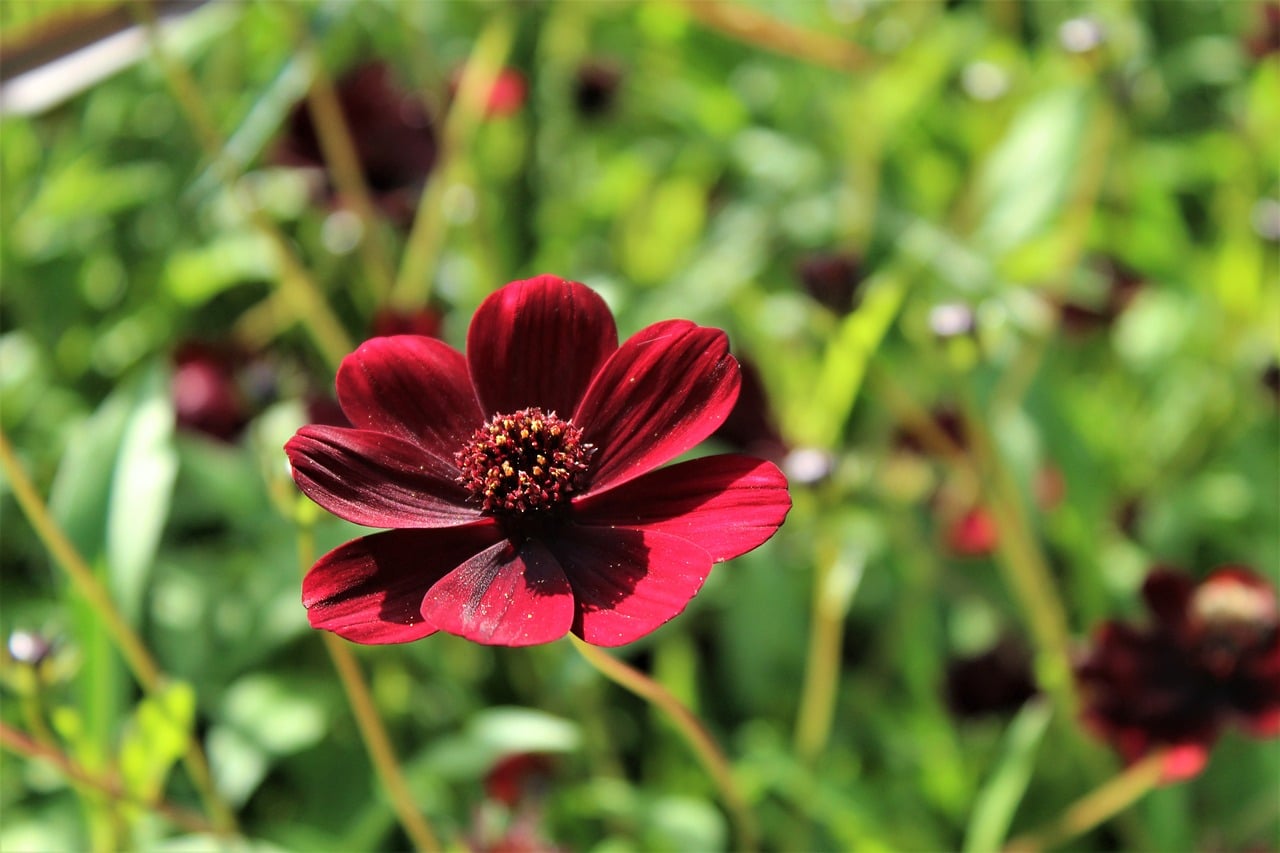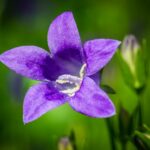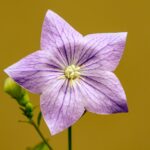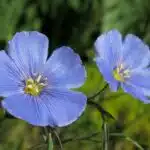In the world of flora, the Delilah flower stands out with its striking beauty, fragrant aroma, and mysterious symbolism. This flower has been a subject of fascination and admiration for centuries, and its properties and uses have intrigued botanists, poets, and artists alike.
In this comprehensive article, we will delve into the enchanting world of Delilah flowers, exploring their meaning, properties, and diverse applications in different contexts. From the mythology of ancient cultures to the contemporary art of floral arrangements, Delilah flowers have played a prominent role in human history and culture.
Unveiling the Mystery: The Meaning and Symbolism of Delilah Flowers
The Delilah flower is commonly associated with various symbolic meanings, depending on the cultural and historical context. In general, this flower represents beauty, femininity, and love, but its symbolism can also be influenced by the color and variety of the flower.
One of the most prominent meanings of the Delilah flower is its association with sensuality, passion, and seduction. In ancient Greek mythology, the Delilah flower was believed to be a symbol of the goddess Aphrodite, the goddess of love and beauty. This flower was also associated with the myth of Samson and Delilah, where Delilah seduced Samson and cut his hair, leading to his downfall. Hence, the Delilah flower can also symbolize betrayal, deception, and vulnerability.
In some cultures, the Delilah flower represents wealth, prosperity, and success. In China, for example, the Delilah flower is often given as a gift to celebrate weddings, business deals, or other auspicious occasions. In this context, the flower symbolizes good fortune, abundance, and high social status.
The color of the Delilah flower can also influence its symbolic meaning. For example, white Delilah flowers are often associated with purity, innocence, and spirituality, while red Delilah flowers can represent intense emotions, passion, and desire. Other colors, such as pink, purple, and yellow, can convey different nuances of emotions and sentiments.
Unleashing the Beauty: The Properties and Characteristics of Delilah Flowers
Apart from its symbolic meanings, the Delilah flower also possesses unique properties and characteristics that make it a popular choice for floral arrangements, gardens, and medicinal use.
The Delilah flower belongs to the family of Liliaceae, and it has various species and hybrids that vary in size, color, and shape. Some of the most common varieties of Delilah flowers include the Dutch Delilah, the French Delilah, and the Italian Delilah. These flowers can range from small and delicate to large and robust, and they can bloom in different seasons, depending on the variety and the climate.
The Delilah flower is known for its captivating beauty, with its soft petals, vibrant colors, and sweet fragrance. This flower can be used in various floral arrangements, such as bouquets, wreaths, and centerpieces, and it can complement different styles, from romantic and classic to modern and minimalist.
In addition to its aesthetic appeal, the Delilah flower also has some medicinal properties that have been used in traditional medicine. The roots, bulbs, and leaves of the Delilah flower contain various alkaloids, flavonoids, and glycosides that can have therapeutic effects, such as reducing inflammation, easing pain, and promoting healing.
Adorning the Arts: The Cultural Significance of Delilah Flowers in Artistic Expressions
The Delilah flower has been a subject of inspiration for many artists, poets, and writers throughout history, who have explored its symbolism and beauty in their works.
In visual arts, the Delilah flower has been depicted in various paintings, sculptures, and illustrations, as a symbol of sensuality, femininity, and seduction. For example, the French painter Henri Fantin-Latour portrayed the Delilah flower in his still-life paintings, using its soft and delicate petals to create a sense of intimacy and eroticism.
In poetry and literature, the Delilah flower has been a recurrent theme, especially in the Romantic and Symbolist movements. The English poet Percy Bysshe Shelley, for instance, wrote a poem called “To the Lily” where he compares the Delilah flower to the beauty and fragility of a woman’s body. The French poet Charles Baudelaire also wrote a poem called “Les Fleurs du Mal” where he evokes the seductive and mysterious allure of the Delilah flower.
Cultivating the Nature: Growing and Caring for Delilah Flowers in Gardens and Landscapes
The Delilah flower is a popular choice for gardens and landscapes, due to its beauty, versatility, and low maintenance requirements. However, growing and caring for Delilah flowers can require some specific techniques and considerations, depending on the variety and the climate.
One of the most important factors to consider when planting Delilah flowers is the soil quality and drainage. Delilah flowers prefer well-drained soil that is rich in organic matter and nutrients, and they can thrive in both sunny and partially shaded areas.
Watering and fertilizing the Delilah flowers are also crucial for their growth and blooming. The Delilah flowers require regular watering, especially during the hot and dry season, but they can also be susceptible to overwatering and fungal diseases if the soil is too wet. Fertilizing the Delilah flowers with a balanced fertilizer can promote their growth and blooming, but excessive fertilization can cause leaf burning and other problems.
Healing the Body: The Medicinal Uses and Benefits of Delilah Flowers in Traditional Medicine
The Delilah flower has some medicinal properties that have been used in traditional medicine, especially in Ayurvedic and Chinese medicine. The roots, bulbs, and leaves of the Delilah flower contain various bioactive compounds that can have therapeutic effects on the body, such as reducing inflammation, easing pain, and promoting healing.
One of the main active compounds in the Delilah flower is salicylic acid, which has analgesic and anti-inflammatory effects. Salicylic acid is also a precursor of aspirin, a common pain reliever medication.
The Delilah flower is also used in Ayurvedic medicine for its diuretic and antidiabetic properties. The bulb of the Delilah flower is believed to regulate blood sugar levels and improve insulin sensitivity, thus reducing the risk of diabetes and related complications.
Conclusion: The Alluring and Multifaceted Delilah Flower
The Delilah flower is an enigmatic and alluring flower that has captured the imagination and admiration of many people throughout history. Its symbolic meanings, aesthetic properties, and versatile uses have made it a popular choice for various contexts, from art and literature to gardening and medicine.
Whether it represents sensuality, prosperity, or healing, the Delilah flower remains an enigma that fascinates and inspires us. Its delicate petals, vibrant colors, and sweet fragrance remind us of the beauty and fragility of life, and the mystery and wonder that surround us.





























